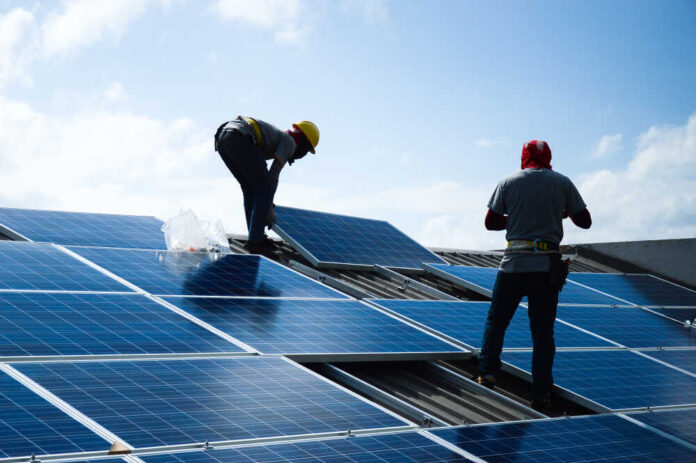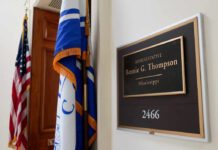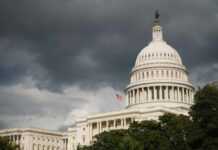
This week, the House of Representatives passed a bill that would overturn the Biden administration’s moratorium on solar panel tariffs from Southeast Asia due to accusations that China was using these nations to evade tariffs.
The Resolution passed with almost all Republicans in the House, as well as 12 Democrats. The effort would place tariffs back on solar panels manufactured in Cambodia, Malaysia, Thailand and Vietnam.
The Commerce Department recently reported that Chinese companies are able to assemble their panels in these Southeast Asian nations to avoid American tariffs. These four nations produce about 80% of the imported solar panels in the United States.
US House votes to repeal Biden solar tariff waiver https://t.co/SmqCdWqOqz pic.twitter.com/aBkvJLM9Zb
— Reuters (@Reuters) April 28, 2023
The Biden White House lifted a number of tariffs on Asian solar panels last year over the same concerns that China was circumventing sanctions.
While a dozen Democrats joined the Republican-led effort, eight Republicans voted against the bill.
The proposed tariff changes received considerable praise from conservatives and Sen. Rick Scott (R-FL) introduced a similar bill in the Senate.
Rep. Bill Posey (R-FL) introduced the House bill, and stated this week that the country “can and should focus its resources into developing our own solar products and boosting American competitiveness around the world rather than supporting China’s quest to dominate the market and control energy supply.”
Scott’s bill has received some traction in the Senate. At least one Democrat, Sen. Ron Wyden (D-OR) said that he would support Scott’s bill. He said that the “best way to promote manufacturing is every day, show up and push manufacturing.”
However, if the bill makes it through both houses of Congress, President Biden has already indicated that he would veto such a solar tariff change. The Biden White House seeks to replace almost half of the country’s electricity with solar power by 2050.
Congress passed the Uyghur Forced Labor Production Act last year, which penalized Chinese companies that used slave labor among that nation’s Uyghur Muslim population. The act was signed into law in 2021 and resulted in hundreds of millions of dollars worth of seized solar products by U.S. Customs and Border Protection.




























